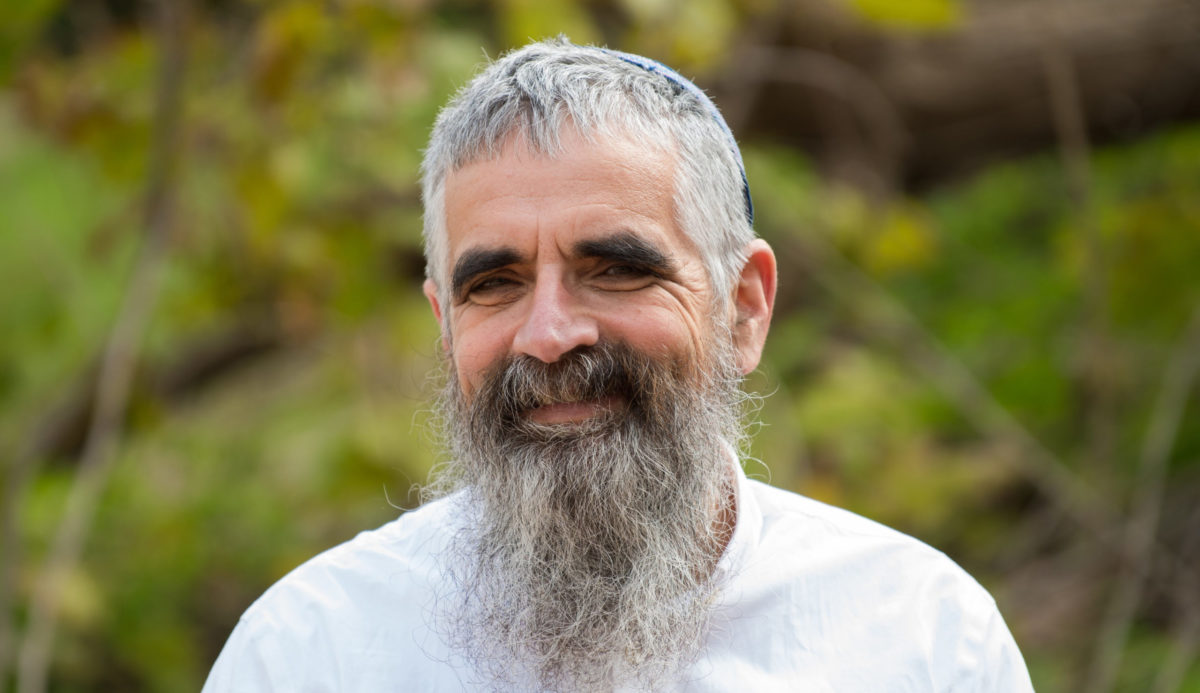click to dowload our latest edition
CLICK HERE TO SUBSCRIBE TO OUR NEWSLETTER


Published
3 years agoon
On the eve of a new year, we find ourselves once again in a time of confusion and uncertainty and are reminded of the remarkable insight behind the phrase in Mishlei, “Rabot machshavot b’lev ish v’atzat Hashem hee takum” (Great are the thoughts in the heart of man, but it’s the counsel of G-d that’s everlasting). Over the past year and a half, this teaching has been reinforced within us so many times over in so many different, practical ways.
On the most basic level, we have been reminded nearly every single day of one of the central aspects of the Rosh Hashanah service – the humility and fragility of us as humans in the face of heavenly greatness.
While it’s also a central tenet of our belief that we are created in the image of G-d, and that our role on earth is to lead the world in that image, we can never ignore our limitations, which are the second side of the equation, namely that everything we do and everything that occurs around us is subject to the will of a higher authority. Perhaps nothing in recent history has made that reality clearer than the immense power of a miniscule virus which has wreaked havoc on an entire global community.
While the extent of that destruction is immeasurable and will probably change the very face of humanity for a long period to come, we must similarly recognise that it’s only because of G-d’s will that the devastation isn’t greater. His hand has guided a remarkable process in which vaccines and therapeutics allow for many to survive and heal. But it’s critical that a key lesson that we take from this period is to realise that as powerful as we ever think we might be, we must always remain humble in the face of Hashem’s infinite power.
This is a realisation that not only has tremendous practical implications for how we lead our lives, teach our children and students, and build families and communities, but in the very way we think about the world around us.
More than ever before in recent memory, deeply challenging moral and ethical questions have been thrust into our lives – questions about medical priorities and how hospital teams are forced to “choose” who deserves to be treated first. These were certainly theoretical dilemmas dealt with by ethicists and philosophers, but the scope of the medical crisis has brought them into the triage units of hospitals in the most developed parts of the world.
Many of us are being confronted by deeply personal challenges surrounding “gossip”, and how and when we are allowed to discuss problematic decisions made by others regarding vaccination. Are we allowed to shame others who make those choices? Should they be socially ostracised? In almost every community, these are questions that have very practical, nearly daily implications.
Our modern world is increasingly willing to place trust in its leaders. Although political criticism has always been present, it has created a pervasive culture of blame of authorities who we elect to protect us, and public officials who fail in those responsibilities carry more of a burden than ever.
The pandemic has certainly exposed the good in humanity as well. We understand that we are all in this together. Efforts like social distancing and helping others forced into isolation, as well as the willingness of so many to vaccinate in recognition that it’s for the greater good, are heartwarming.
These and so many other examples give us hope that in spite of the immensity of the challenge, perhaps we will learn the proper lessons.
The one constant in all of this is that we have little idea where the future will take us. It would be incredibly innocent to try and project what the next 12 months will look like, and what we’ll need to do to confront the challenges along that path.
But even uncertainty and the fragility of humanity are concepts that can help make us better people, teachers, and parents. On the spiritual level, they demand that we refocus our individual strengths to deal with the unexpected and overcome difficulties.
Appreciating that not everything is in our control demands that we become a more empathetic people, that we take more time to think about others, be more prepared to embrace solidarity and surrender to the understanding that as powerful and advanced as we might ever claim to be, strength will always only go so far.
As we stand before G-d on these holiest of days, this is an understanding that should inspire our prayers. We must turn to the heavens, and ask for His incredible mercy because we know that only He has that power to grant us all the good that we hope awaits us in the coming year. Humility is an incredibly powerful concept spiritually, ethically and practically, but sometimes it takes events like those we are living through now to realise just how central it is to every aspect of our lives.
We have much to ask for as we approach this coming year. May we be granted with a new year of real health, prosperity, and personal and communal wisdom.
Shana tova!
